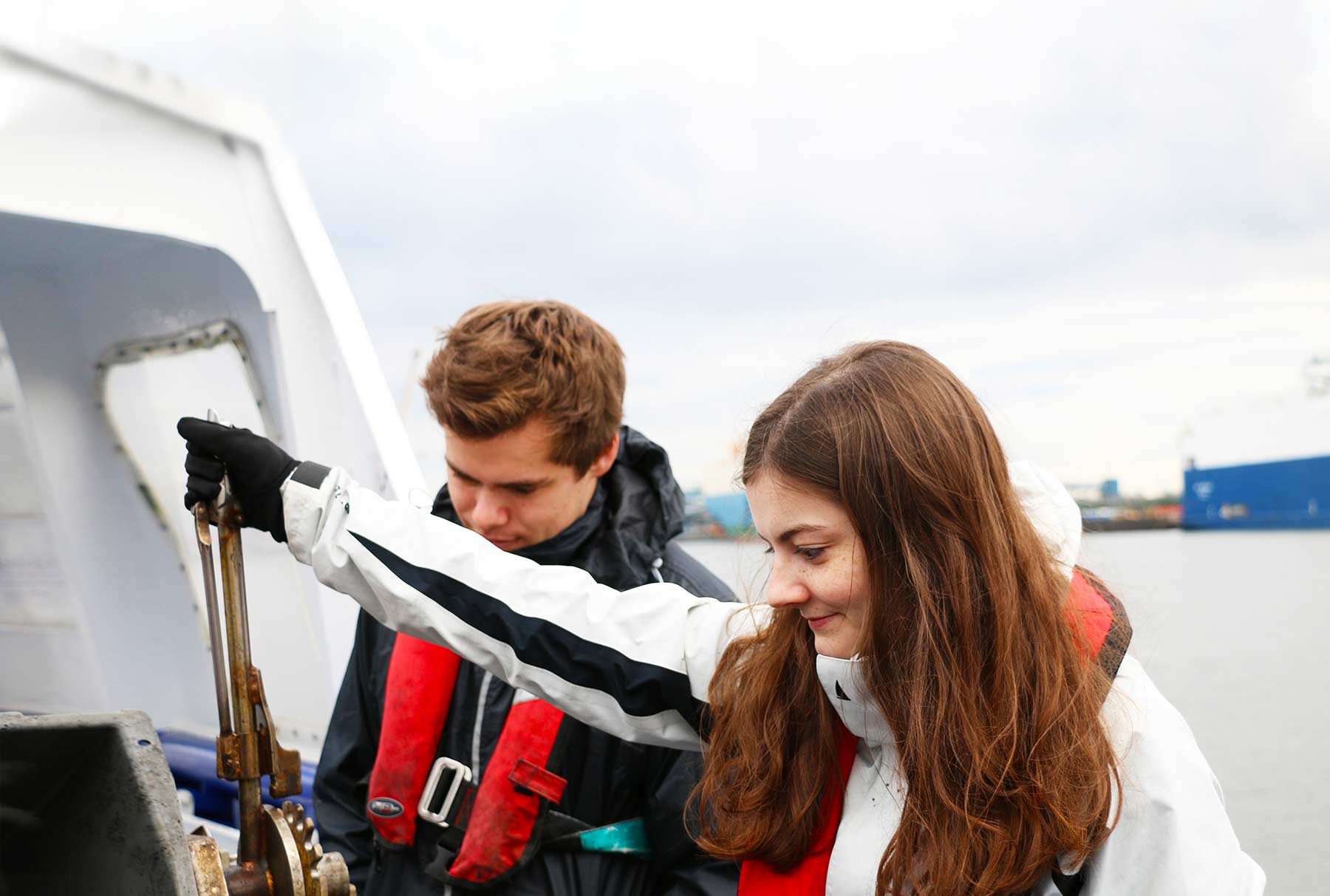Partner Case Studies
Scottish Government: Increasing Equality for Women in Scottish Agriculture
Social Sciences research in SNES has advanced efforts to achieve gender equality between people working in the Scottish agricultural sector.
Research into gendering in the agricultural sector caused the formation of the Women in Agriculture taskforce by the Scottish Government, whose recommendations changed governmental policy and inspired £1.7M of investment in a range of programmes for farmers and agricultural organisations.
More than 1000 women have benefited from professional development activities in the Scottish agricultural sector, including business practice and leadership training, and investment funding. Sixteen agricultural organisations have benefitted from more inclusive practices with regard to gender.
This is the first scheme of its kind to be implemented by a developed country.
Cancer Research UK and Agouron Pharmaceuticals: Discovery of PARP inhibitors for cancer treatment
Ovarian cancer is the fifth most common cancer among women in the UK and has a poor overall 5-year survival rate of 46%.
Rucaparib (Rubraca™) is a poly (ADP-ribose) polymerase 1 (PARP1) inhibitor used worldwide to treat advanced ovarian cancer, discovered by Newcastle medicinal chemists in collaboration with Agouron pharmaceuticals.
Rucaparib has received approval for clinical use in ovarian cancer in the USA, Europe, and the UK.
United Nations and other National Governments: Prioritising and Managing the Global Challenge of Invasive Alien Species
Biology research in SNES into the prioritisation and management of invasive alien species (IAS) has impacted on national, European and global actions to achieve Aichi Global Biodiversity Target 9 as aprt of international efforts to conserve species. It has guided national and international programmes to protect threatened native species from the consequences of IAS.
Newcastle’s risk management methodology is incorporated into UK policy, and has guided management in Europe, USA, the Caribbean and Australia.
SNES research now forms part of recommended global best practice, supports EU Regulations to direct management of IAS, and informs UK national IAS policy.
Noble Foods Ltd: Economic and nutritional impact of vitamin D-enriched “the happy egg co.” eggs
Research in SNES has led to the production of vitamin D-enriched eggs, sold under “the happy egg co.” brand by Noble Foods Ltd, the largest UK producer of free-range eggs. Since 2018, every happy egg sold has been vitamin D-enriched, making “the happy egg co.” the leading free range egg brand.
Consumers experience nutritional beenfits from eating these eggs: eating two high vitamin D eggs a day provides 94% of the European Nutrient Reference Value of vitamin D.
Global Species Conservation organisations: new techniques and policy change to halt species extinctions
Biology research in SNES has made a leading contribution to the formation of global species conservation policy, and provided practical measures to meet ambitious global and national conservation targets.
Researchers assessed progress towards targets in the Convention on Biological Diversity’s (CBD) 2011-2020 strategic plan and, alongside the International Union for Conservation of Nature, helped formulate new Global Biodiversity policy post-2020. We have provided key scientific inputs into global species conservation policy, and developed indicators to allow progress towards species conservation targets to be monitored.
Our research has also transformed the management of captive vertebrate populations in europe to help ensure species survival.
Novozymes and Procter & Gamble Ltd: A first-in-class enzyme for household laundry
NucB, a bacterial enzyme from Bacillus licheniformis, was discovered following studies into the fundamental biochemistry of biofilm dispersal by marine microbes.
An interdisciplinary team of chemistry and marine researchers in SNES demonstrated the potential for NucB-mediated biofilm dispersal in industrial, healthcare and household applications.
NucB was developed in partnership with Novozymes and Procter & Gamble (P&G), and is now a key ingredient in a leading brand of household laundry products.
IUCN, Defra, Nestle, and the United Nations: Restoring global peatlands for climate benefits
Damaged peatlands account for 5% of all global Greenhouse Gas emissions, making their restoration a key target for achieving net zero emissions. Social sciences research in SNES contributed to the design and implementation of the UK’s first ever ecosystem market for peatland restoration, the Peatland Code, generating public and private investment in restoration to meet climate targets. Markets have then been extended to other ecosystems in the UK, Italy and Hungary.
Research also shaped the work of the United Nations’ Global Peatland Initiative to establish baseline evidence of peatland condition as a basis for global action, and was instrumental in securing international resolutions that led to the creation of new peatland policies in 29 countries.
Astex Pharmaceuticals: Discovery of MDM2-p53 inhibitor for cancer treatment
Chemistry research in collaboration with Astex Pharmaceuticals has developed a new anticancer drug that inhibits the MDM2-p53 protein-protein interaction.
Currently in Phase I/II clinical trials, it is designed to benefit patients with wild-type p53+ve tumours (~50% of all cases) and to avoid side-effects seen in trials of competitor MDM2i drugs.
NC3Rs and international animal welfare organisations: Improving rabbit welfare through pain assessment and alleviation techniques
Agriculture research in SNES, sponsored by the NC3Rs, has changed practice and policy relating to the assessment and alleviation of pain in rabbits, with an estimated ~4M laboratory, ~14M pet and ~180M farmed rabbits benefitting globally.
SNES researchers developed two novel and effective pain scoring systems. These have resulted in changes to national, academic, veterinary & industry policies and individual researcher, clinician and farmer practice. These changes have produced clear benefits to the welfare of laboratory, pet and farmed rabbits.
Communication and education from this research help ensure animal welfare is top of the agenda for a range of national and international bodies.
